Decade of austerity pushes millions of UK families into poverty: Report
The incomes of the poorest households in the United Kingdom slumped again last year following a rising trend of poverty which has continued to spread across the country, new data released by a British think tank suggest.
The statistics provided by the Resolution Foundation showed that there are over eight million low and middle-income households in Britain, just under half of which have children.
It said UK households in the lower half of incomes typically earned around £14,900 in 2003, adding that figures had fallen to £14,800, according to a research conducted in 2016-17.
However, the report shows that it is not just poorer households which have been facing a pay squeeze.
On average, incomes for all households in 2017/18 increased by just 0.9%, the lowest rise for four years and less than half the average between 1994 and 2007, just before the financial crisis.
For the poorest third of households, incomes have actually fallen by up to £150 in the last year, increasing fears for many parents who have responsibilities including buying food for their children and paying the rent.
The Resolution Foundation report also said that surveys they conducted revealed that over 40% of low to middle-income families feel they would be unable to save £10 a month and over 35% would be unable to afford a holiday for one week with their children. This illustrates that the ability to save money for the majority of UK families is not possible, lowering the quality of life for millions of Britons.

The Resolution Foundation also emphasized the shocking child poverty figures which show the number of children living in poverty in Britain rose last year as the poorest families saw their incomes hit by devastating welfare cuts. The think tank expressed concern that their findings suggest that child poverty probably rose by 3% in 2017.
“Reducing child poverty has been a goal of politicians from all parties in recent decades. But our analysis shows that child poverty is likely to have risen last year, and that rises since 2010 have been underestimated in official government data,” said Adam Corlett, senior economic analyst at Resolution.
The report raises real questions about the government’s ability to face new economic challenges as it tries to balance the public finances amid Brexit, the crisis in the National Health Service and a record slump in the pound sterling.
Philip Alston, the United Nations special rapporteur on human rights and extreme poverty, is due to make a fact-finding trip to the UK in the next few months to examine the challenges facing the poorest citizens in the country.
'Next to impossible' to rescue patients from Gaza's Kamal Adwan Hospital: Director
VIDEO | Vietnam current prosperity
Report blames gasoil exports for shortage at Iranian power plants
VIDEO | Hind Rajab Foundation names Israeli war criminals vacationing after Gaza genocide
VIDEO | Australians rally for Gaza ahead of Christmas festivities
VIDEO | Attacks on Sana'a
Iran reports further drop in annual inflation rate in December
Israel indicts two settlers over suspected spying for Hezbollah


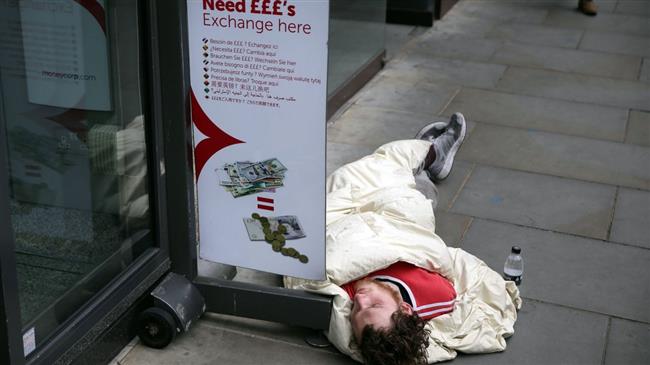






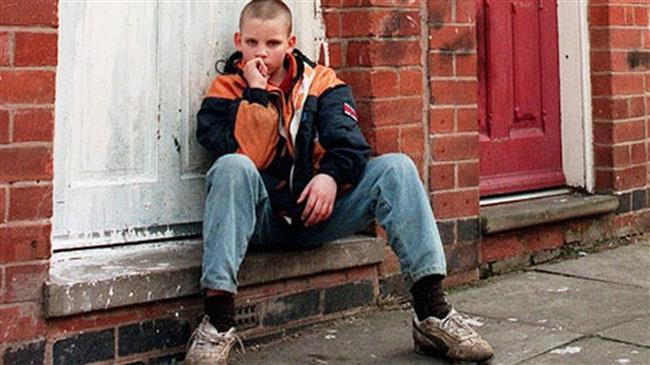
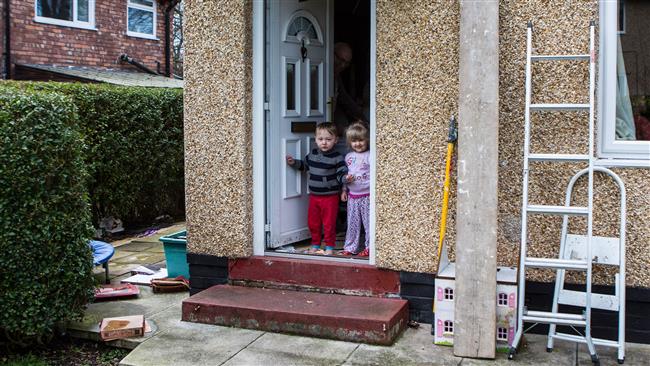
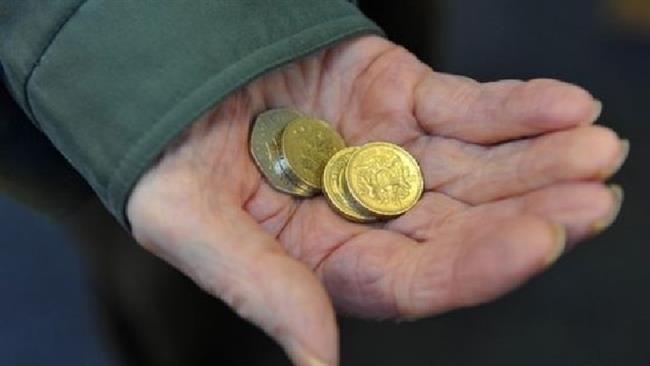
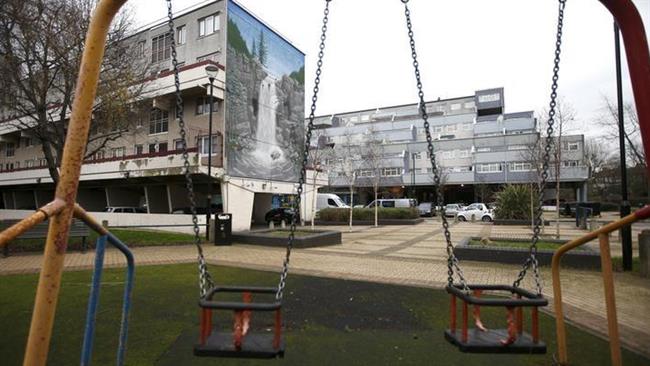

 This makes it easy to access the Press TV website
This makes it easy to access the Press TV website